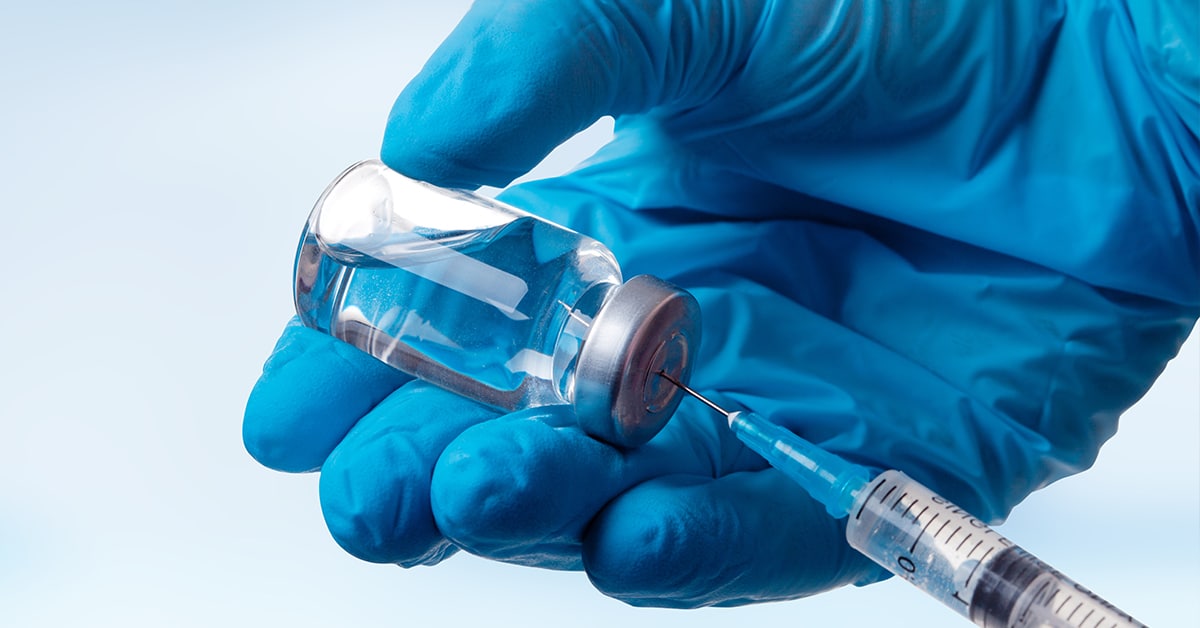
24
Feb
Coronavirus Vaccines – Do They Prevent Spreading?
Ready for some ground-breaking science? It doesn’t get more current or more relevant than the coronavirus vaccine.
There’s a growing body of evidence that suggests we should still be wearing masks and social distancing even after we’ve had a vaccine. But if the vaccine works, why do we still need to take these measures?
If you want to keep yourself and others safe, you must understand exactly what the vaccine does and doesn’t protect against.
Read on for our essential and informative guide to the coronavirus vaccine.
How Does the Vaccine Work?
In a nutshell, the coronavirus vaccine helps to prevent us from getting seriously ill. But to understand it, we need to take a quick look at how our bodies deal with an infection.
According to the CDC, there are three main types of white blood cells to fight infections different ways:
-
Macrophages are white blood cells that swallow up and digest germs and dead or dying cells. The macrophages leave behind parts of the invading germs called antigens. The body identifies antigens as dangerous and stimulates antibodies to attack them.
-
B-lymphocytes are defensive white blood cells. They produce antibodies that attack the pieces of the virus left behind by the macrophages.
-
T-lymphocytes are another type of defensive white blood cell. They attack cells in the body that have already been infected.
So where does the coronavirus vaccine come into all this? The vaccination contains small, weakened versions of the virus. When injected, the body will notice this foreign material and trigger an immune response.
Macrophages will kill any parts of coronavirus material, B-lymphocytes will start to produce antibodies to attack the virus, and the body learns to make T-lymphocytes that jump into action if they come across the same virus again.
So what does this mean? As soon as you come into contact with coronavirus, your body will already know how to fight it off. As your immune system kicks into gear, it reduces your chances of becoming ill with coronavirus.

How Effective is the Vaccine?
Research from coronavirus vaccine trials has found it to be around 95% effective – but what does this mean? And if it’s 95% effective, why do we still need to wear masks?
First, we know that the vaccine helps prevent symptomatic illness and severe disease. If you’re vaccinated, we know that you’ve reduced the chances of developing symptoms. But what we don’t know is whether it stops you from carrying and passing on the virus.
Even if you’re protected, those around you might not be. This is why you must still wear a mask.
Another thing to consider is timing. Your body takes time to build up an immune response. That’s why you need two doses of the vaccination. Research is ongoing, but we think that full immunity could take up to two weeks after your second dose.
How Safe is the Vaccine?
You may have heard concerns about the safety of the coronavirus vaccine. But, before any vaccination is approved for use in the public, they must be proved to be safe. Clinical trials haven’t found any significant adverse reaction or risk to the majority of the population.
Of course, there is always a risk of an allergic reaction, so if you have a history of anaphylaxis it’s important to speak with a physician first. So far, side effects are mild and no long-term complications have been reported.
To prevent further spreading of coronavirus, the makers of potential vaccines have been able to apply for Emergency Use Authorization (EUA). This means that medicines can be rushed to production in times of public health crisis. For an EUA to be granted, the benefits of the vaccine must undoubtedly outweigh the potential risks of the disease.
